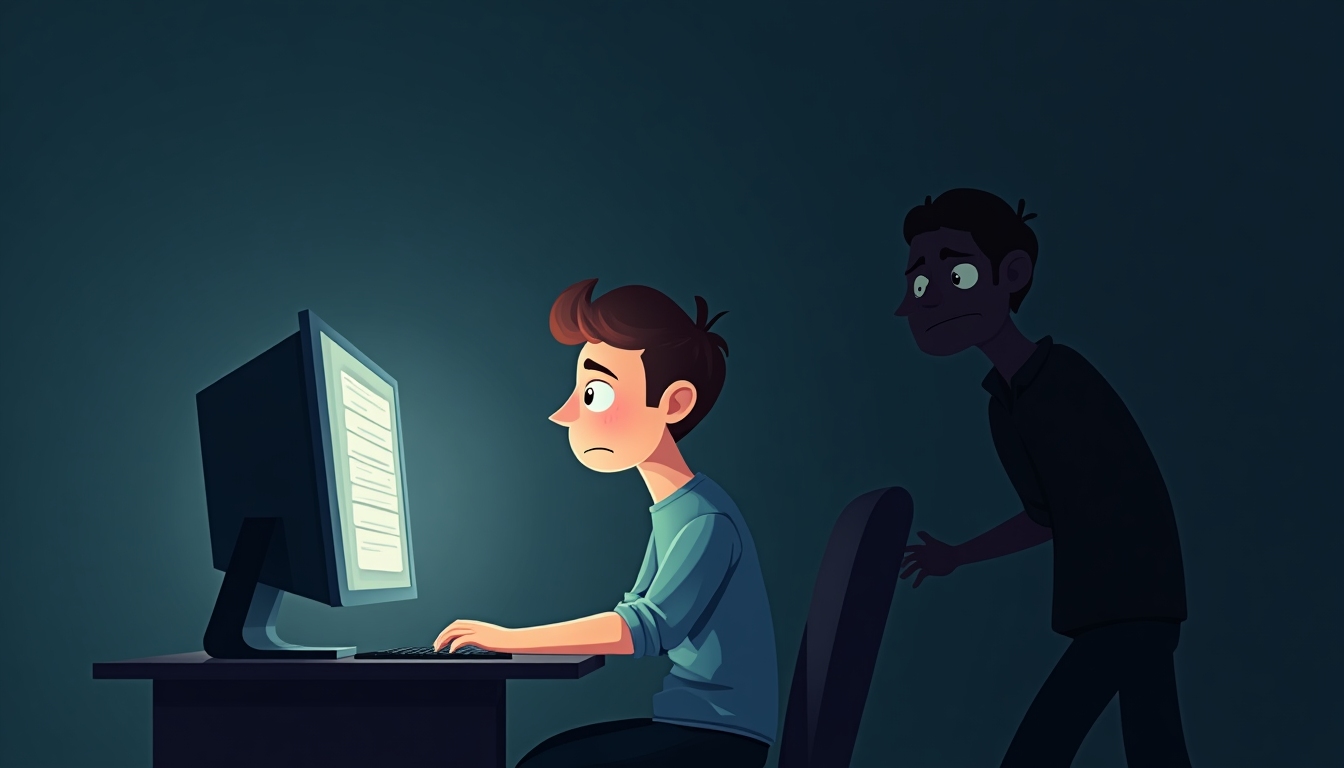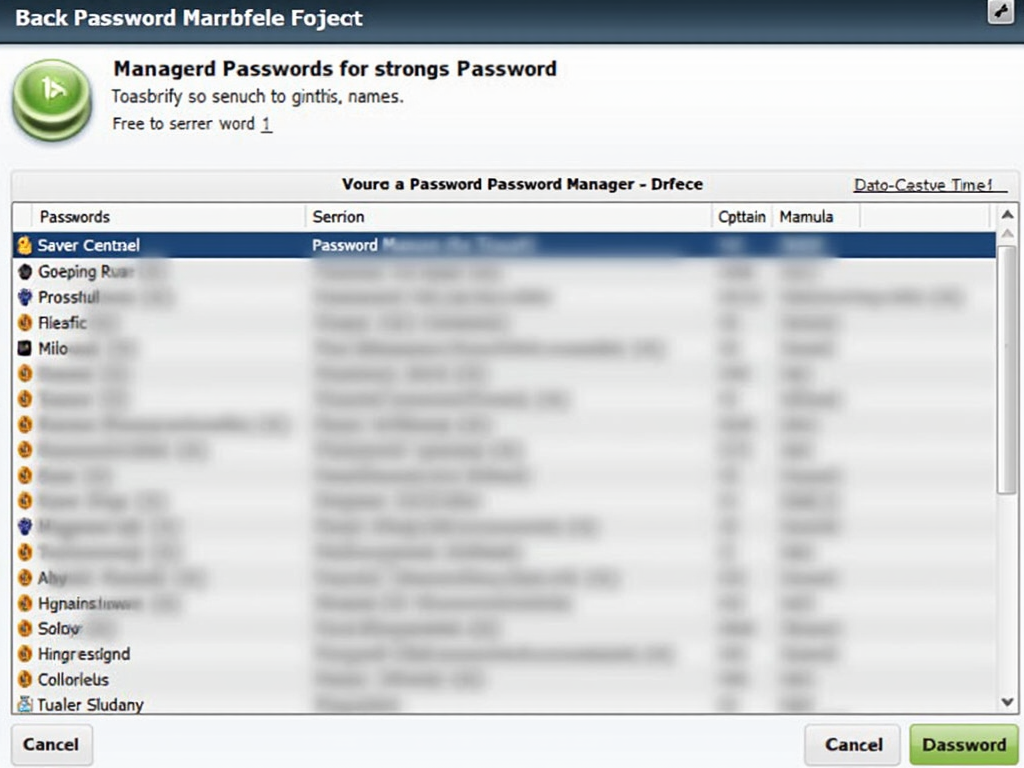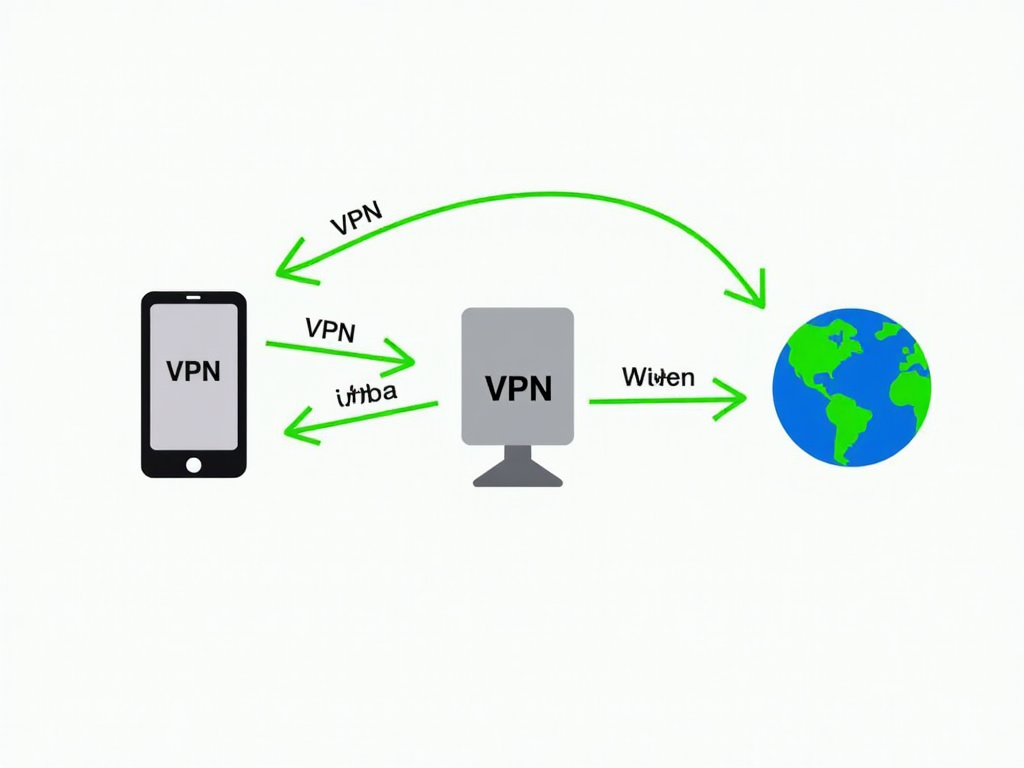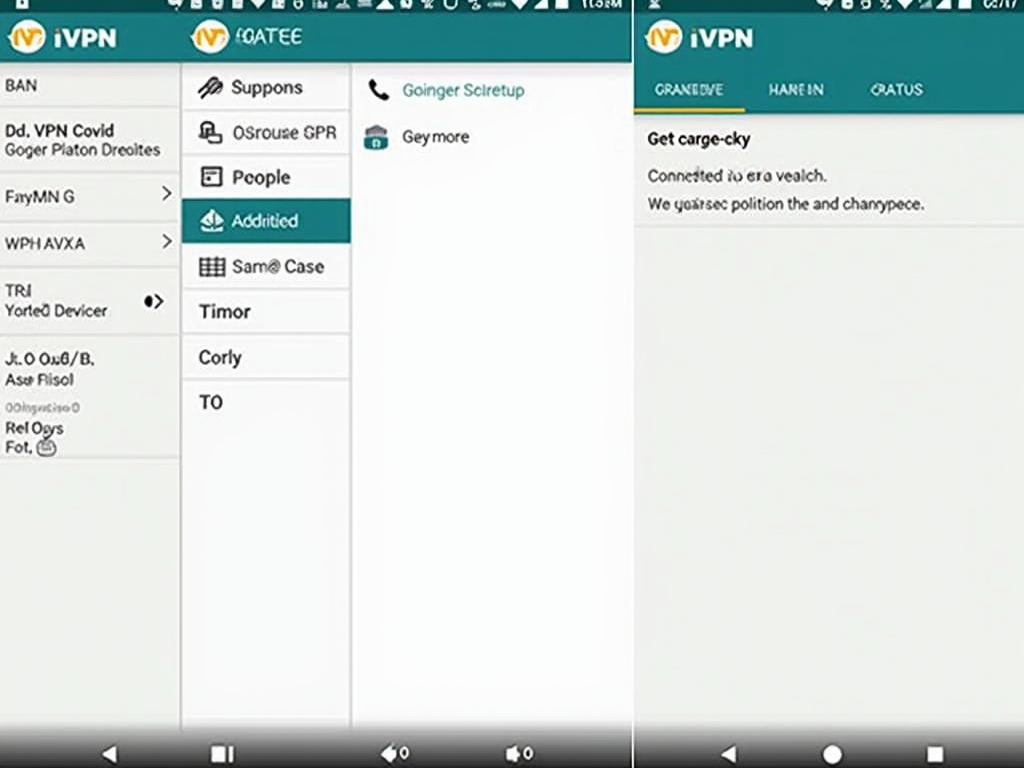The Importance of Using Strong Passwords
In today's digital world, keeping your online accounts safe is a top priority. Strong passwords act as your first shield against cyber threats. This article explains why strong passwords matter and how they work with other tools to boost your online privacy and security.
Why Password Security Matters
Passwords unlock your digital life—your email, social media, bank accounts, and more. But too many people use weak passwords that anyone could guess. A 2020 Verizon report found that 80% of hacking breaches involved stolen or weak passwords. That’s why understanding password security is so important.

The Dangers of Weak Passwords
Weak passwords open the door to big problems. Hackers can access your accounts, steal your identity, or drain your bank account. They use tricks like:
- Brute-force attacks: Guessing every possible combination.
- Dictionary attacks: Trying common words like 'password.'
- Social engineering: Fooling you into giving up your password.
A University of Cambridge study showed that 31% of people pick passwords that are way too simple, like '123456.' That’s an easy win for hackers.
Why Strong Passwords Help
Strong passwords stop hackers in their tracks. They’re tough to guess or crack, keeping your personal info, money, and online identity safe. Pair them with two-factor authentication (2FA), and you’ve got even better protection. The National Institute of Standards and Technology (NIST) says long, complex passwords are key to staying secure.

How to Create Strong Passwords
Making a strong password is easier than you think. Try these tips:
- Mix it up: Use uppercase, lowercase, numbers, and symbols.
- Skip the obvious: Avoid your name, birthday, or common words.
- Go long: Aim for 12 characters or more.
- Stay unique: Use a different password for every account.
- Try passphrases: Combine random words like 'BlueCat$Rain12.'
Need help? Use a password generator—many tools can whip up a secure one for you.
Tools to Manage Your Passwords
Keeping track of lots of strong passwords can feel overwhelming. That’s where password managers shine. They store your passwords safely and fill them in for you. Options like LastPass, Dashlane, or 1Password are great picks. Just make sure your master password is super strong and turn on 2FA for extra safety.

Why Secure Browsers Are a Game-Changer for Privacy
Strong passwords aren’t the only way to stay safe online. Secure browsers like Brave, Tor, or Firefox Focus block trackers and encrypt your data. They keep your browsing private, making them a game-changer for privacy. Want to learn more? The Electronic Frontier Foundation has a great guide on secure tools.
Top Online Privacy Tools for Android Users
If you use an Android phone, you’ve got options to protect your privacy. Here are some top online privacy tools:
- VPNs: Hide your internet activity with encryption.
- Secure messaging: Apps like Signal keep chats private.
- Privacy browsers: DuckDuckGo or Firefox Focus stop trackers.
These tools team up with strong passwords to keep you safe on the go.

How to Configure IVPN on Android for Maximum Privacy
IVPN is a solid VPN choice for Android. Here’s how to set it up:
- Get the app: Download IVPN from the Google Play Store.
- Sign up: Log in or create an account.
- Pick a server: Choose a location that works for you.
- Turn on the kill switch: This stops leaks if the VPN drops.
- Use split tunneling (optional): Decide which apps use the VPN.
- Connect: Hit the button to start it up.
With these steps, IVPN locks down your Android privacy.

Wrapping It Up
Strong passwords are your best shot at keeping your online life secure. Combine them with tools like password managers, secure browsers, and VPNs, and you’re in great shape. It all comes down to this: your digital safety depends on the strength of your passwords.